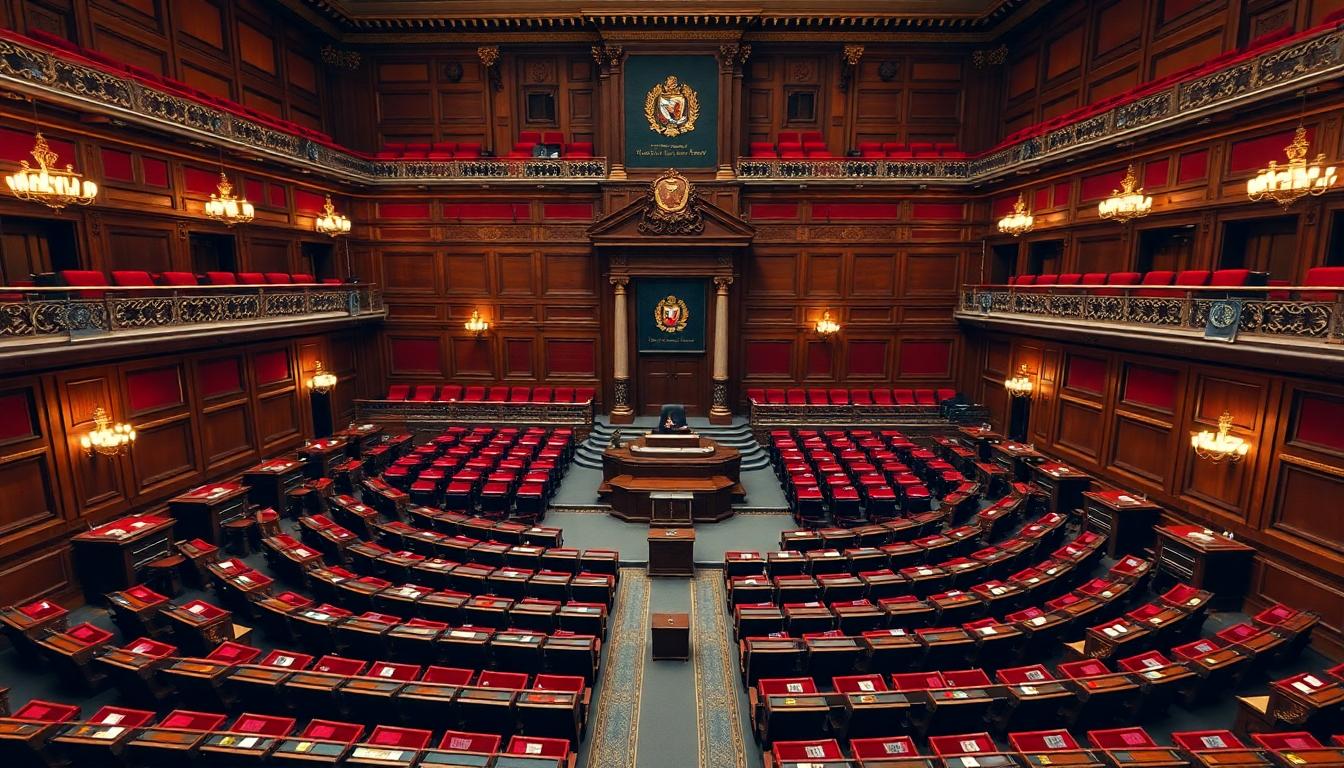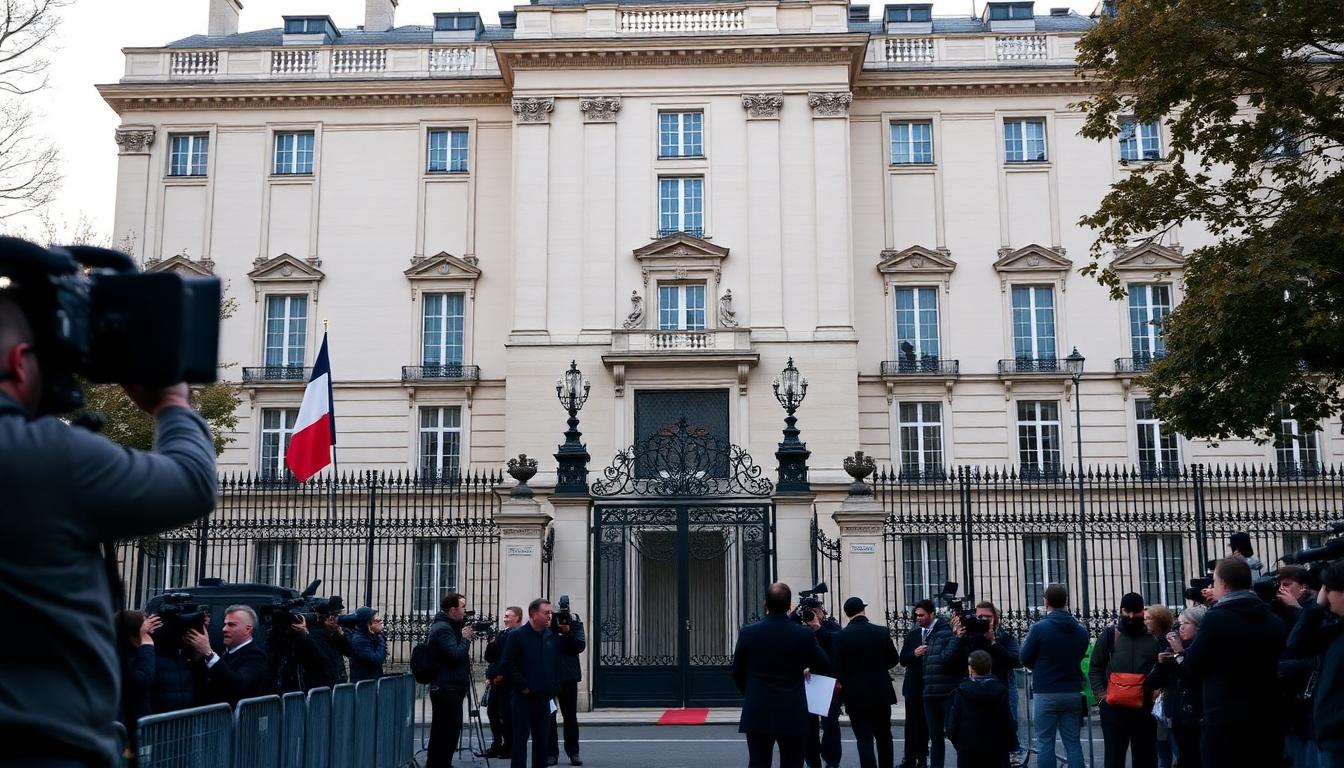Key Takeaways
- France’s government has collapsed amid mounting political pressure and parliamentary deadlock.
- President Emmanuel Macron faces limited options: appoint a new prime minister, form a coalition, or call fresh elections.
- Parties on the left and right are jockeying to shape the next government and key policies.
- Markets, EU partners, and NATO allies are watching for signs of stability.
What Exactly Happened?
France entered a new phase of political turmoil after the government fell, following weeks of intensifying pressure in parliament. The immediate cause centered on a loss of support for the sitting prime minister and a failure to secure reliable votes for core legislative priorities. With no stable majority in the National Assembly, the government became vulnerable to censure efforts and party rebellions.
This collapse reflects deeper tensions that have been building since the last legislative elections. Fragmentation across parties made governing difficult, especially on contentious issues like public spending, pensions, and security. The opposition’s strategy focused on blocking signature proposals and forcing the government to either compromise or resign.
After a crucial vote signaled that support had eroded beyond repair, leadership acknowledged the reality: the government could no longer pass major legislation, nor claim a mandate to continue.
Why Did It Collapse Now?
Several factors converged. First, the arithmetic in the National Assembly has been tight for months. Small shifts in alliances were enough to sink a bill or trigger a crisis. Second, public opinion has been volatile, with demonstrations and strikes adding pressure. Third, internal party splits kept widening, especially over the budget and reforms.
Together, these dynamics created a situation where governing required constant tactical deals. At some point, the costs outweighed the benefits, and rivals sensed an opening.

Macron’s Options From Here
President Emmanuel Macron must now choose a path that restores basic stability. He has three main options:
- Appoint a new prime minister: He could nominate a figure acceptable to multiple blocs, including centrists and moderates from other parties. This would require a clear policy program and concessions.
- Seek a coalition deal: A formal coalition would provide a lasting majority, but it means shared power and compromises on taxes, spending, and EU policy.
- Call new elections: Dissolving the National Assembly and holding snap elections could reset the map. It is risky. Voters may punish the president’s camp, or produce another hung parliament.
In practice, the decision depends on whether party leaders can agree to a short, realistic program focused on the budget, cost of living, and security. Without that minimum consensus, elections become more likely.

What the Parties Want
The left wants more social spending, higher wages, and relief for households. It also seeks a shift in tax policy and a slower pace on structural reforms. The center wants stability, a credible budget, and business-friendly measures to support growth. The right emphasizes border control, security, and fiscal restraint.
Each side believes it can claim the public mood. That is why coalition talks are tense. Any agreement must be specific on the budget, energy prices, and public services. Vague promises will not survive the next vote.
Impacts on Markets and the Euro
Markets dislike uncertainty. Bond spreads tend to widen when investors see political risk. A credible plan on the budget can calm nerves quickly. If talks drag on, borrowing costs may inch up, and the euro could be choppy against the dollar.
For businesses, the near-term concern is policy clarity on taxes, labor rules, and energy. The faster a government outlines a timetable, the better the outlook for investment and hiring.

What It Means for the EU and NATO
France is a core EU and NATO player. Domestic gridlock can slow EU negotiations on migration rules, budget contributions, and industrial policy. It may also complicate defense spending plans and support for Ukraine. Partners will watch for continuity on sanctions, energy diversification, and security commitments.
If a coalition emerges, expect a more consultative style in Brussels. If elections are called, EU files may sit in limbo for weeks.
What to Watch Next
- Consultations at the Elysée: The president’s meetings with party leaders signal the likely path.
- Names floated for prime minister: Watch for consensus candidates with cross-party appeal.
- Budget timeline: Any deal must map out spending, revenue, and deficit targets.
- Street protests or strikes: Big demonstrations can shape negotiations fast.
- EU reaction: Statements from Brussels and Berlin will hint at wider expectations.
France’s government collapse came from months of deadlock, frayed alliances, and public pressure. The next chapter depends on whether parties can rally around a short, concrete program. A workable coalition or a steady caretaker cabinet could calm markets and keep core policies moving. If not, France may head back to the polls, with all the uncertainty that brings.
For now, expect fast headlines, intense bargaining, and a premium on clarity. Stability will hinge on clear priorities: the budget, cost of living, and security. The sooner those are resolved, the sooner normal politics can resume.
Source: Reporting and analysis based on public news coverage as of September 10, 2025. Original story referenced: CNN. Need a different visual style or sizes for your theme, lad? Tell me your preferred image dimensions or aspect ratios and I’ll regenerate.
To contact us click Here .

